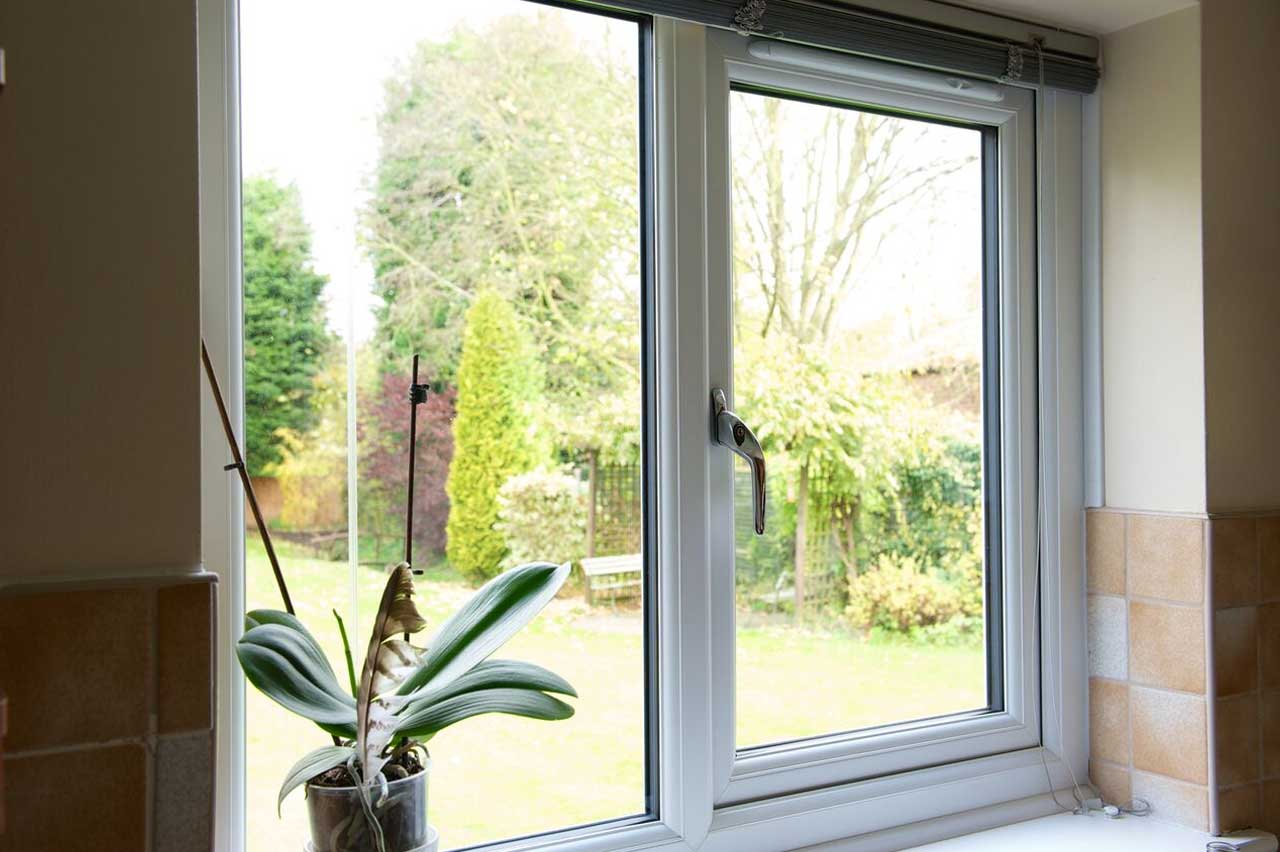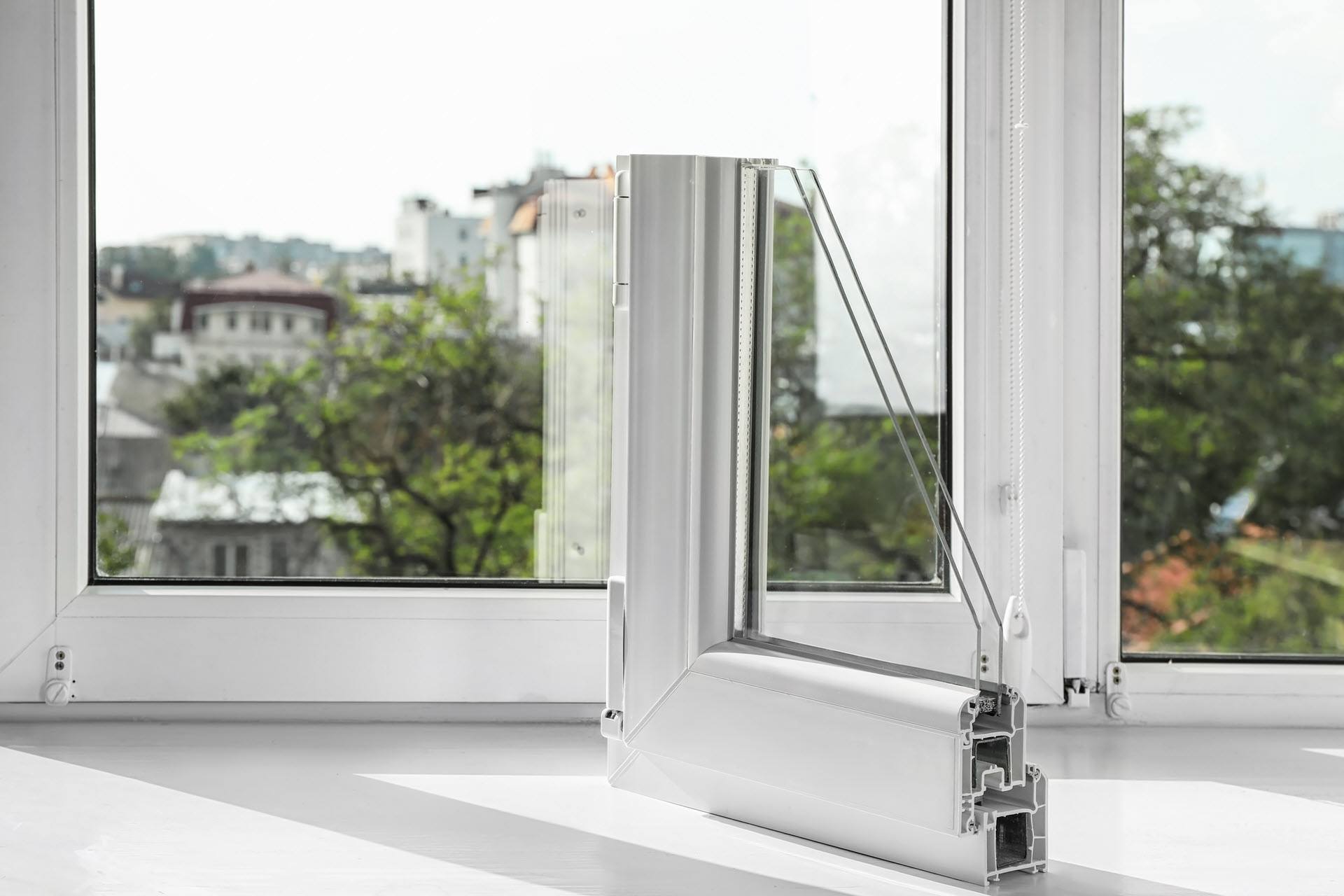Double glazing is the process of installing two layers of glass in window frames, sashes, or doors.
There are two main types of double glazing; the use of high-performance Low-E (high-performance low-emissivity) coated glass to reduce heat loss and clear glass with insulating airspace.
The most popular form of double glazing is when both panes of glass are the same size and thickness. The air space in a double glazed unit should be between 1/8″ and ¼” inches to provide maximum insulation.

Lower power bills:
Double glazing is a good alternative to traditional single-pane windows. Double glazing reduces the flow of heat in and out of your home, which lowers your power bills.
A common misconception is that double-glazed windows are more expensive than single-pane windows. However, this is not true; in fact, they are less expensive than a single-pane window.
Reduce noise:
Double glazing reduces noise by up to 50% on average. This is because double glazing has a second pane of glass in front of the first pane. The double layer of glass acts as a barrier between the outside world and your home.
The thickness of the two layers varies but is usually at least twice as thick as standard single pane window panes. This means that when sound waves hit the outer layer, they are absorbed and deflected away from your home.
Suitable for hot and cold climates:
Double glazing is the perfect option for homeowners living in hot climates. A high-performing window will keep your home cooler, provide insulation, and help you save money by reducing electricity bills.
Double glazing is also great for cold climates. High-performing sliding windows will keep your home warmer and reduce the need to use costly heating systems.
Double glazed windows are more efficient than single-glazed windows because they insulate better against heat transfer. They also reduce the rate of condensation on the inside of the windowpane.
Provides less condensation:
Double glazing can help you to live in a much more pleasant home. There are many benefits that come with double glazings, such as the fact that it provides less condensation, hot spots and noise.
A single pane window lets in cold air, and when it gets warmer, it creates moisture on the outside of the window. This will cause condensation to form on the inside of the window. Double glazed windows work differently because instead of one pane of glass, there are two. The space between the panes is filled with an inert gas which helps to reduce condensation from forming. To learn more about this topic visit our website.

